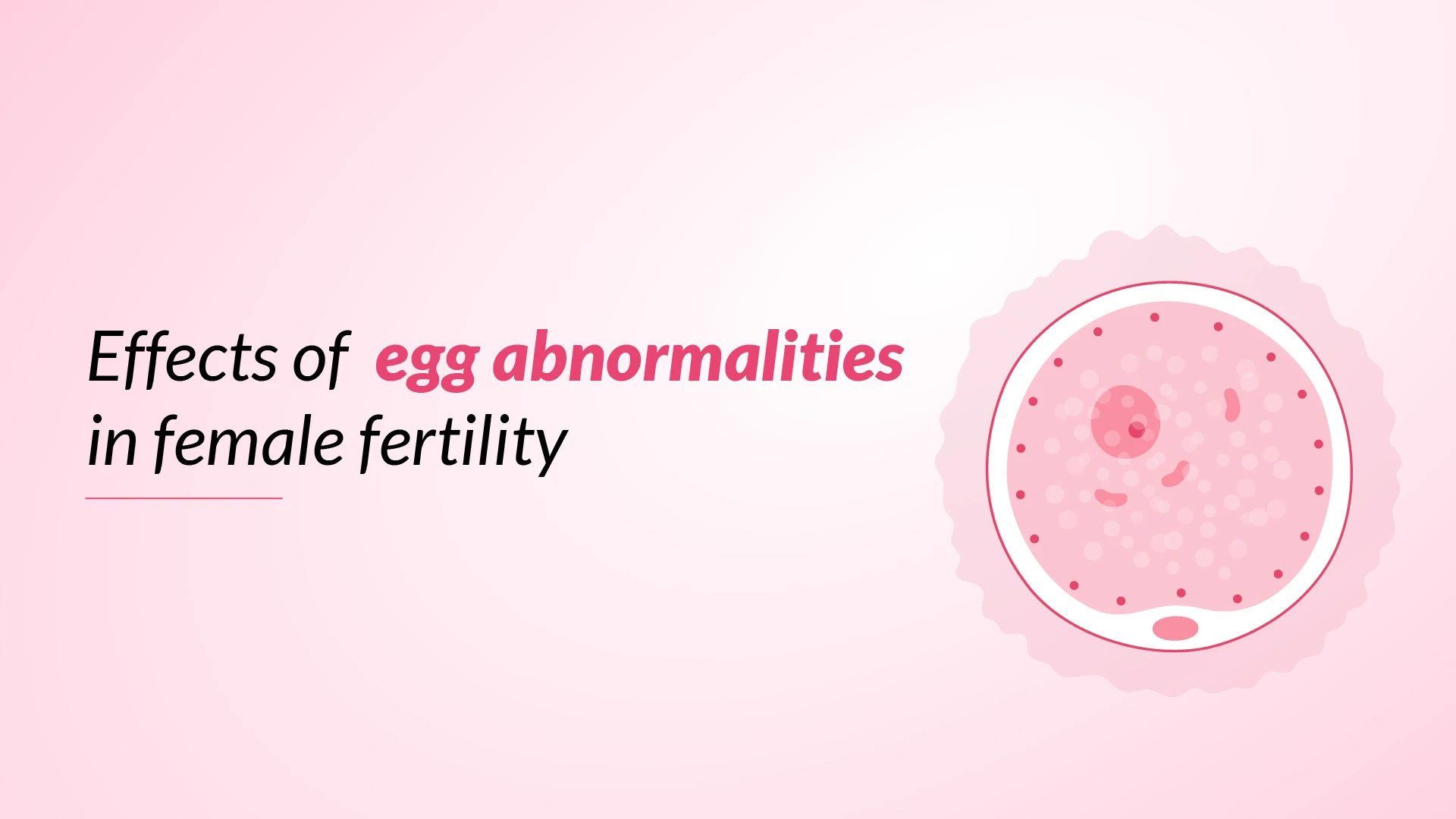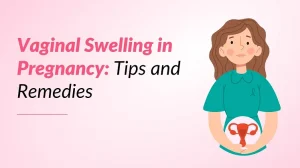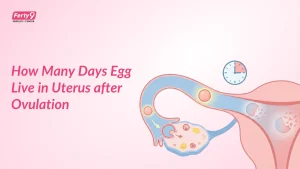Did you know that the quality of a woman’s eggs plays a crucial role in her fertility journey? While we often hear about the importance of overall reproductive health, the intricate world of egg abnormalities remains a lesser-known yet vital aspect of female fertility.
In this scientifically grounded exploration, let’s explore the fascinating realm of oocyte biology and its impact on a woman’s ability to conceive. Whether you’re actively trying to start a family or simply curious about reproductive health, understanding egg abnormalities can provide valuable insights into the complexities of human fertility.
From chromosomal irregularities to structural defects, egg abnormalities can significantly influence reproductive outcomes. But what exactly are these abnormalities, and how do they affect a woman’s chances of successful conception? Join us as we unravel the science behind egg quality and its profound effects on female fertility, empowering you with knowledge that could shape your reproductive health decisions.
Suggested Read: Tips for Improving Egg Quality in Female Infertility Treatment
Egg Quality and Fertility
The quality of a woman’s eggs significantly influences her ability to conceive & carry a healthy pregnancy to term. Egg quality, in simple terms, is the health and viability of the female reproductive cells, which play a crucial role in the fertilisation process and embryonic development. High-quality eggs or ova increase the chances of successful conception and a successful pregnancy, while low-quality eggs can lead to fertility issues and complications.
Egg Quality by Age
A woman’s egg quality is closely tied to her age. As women age, the number and quality of their eggs gradually decline. This natural process, known as ovarian ageing, begins in a woman’s early 30s and accelerates as she approaches her late 30s and 40s. Older women tend to have fewer high-quality eggs available for fertilisation, making it more challenging to conceive naturally or through assisted reproductive procedures (ART).
High-Quality Eggs vs. Low-Quality Eggs
High-quality eggs are characterised by their ability to be fertilised and develop into healthy embryos. These eggs have a normal chromosomal makeup, intact genetic material, and a well-organised cytoplasm. In contrast, low-quality eggs may have chromosomal abnormalities, genetic defects, or structural deficiencies that can impair fertilisation, embryo development, and implantation.
Suggested Read: Female Infertility: Common Causes and Possible Solutions
Symptoms of Poor Egg Quality
Difficulty in Conception
One of the most common signs of poor egg quality is difficulty in conceiving despite regular, unprotected intercourse. Women with low-quality eggs may experience prolonged periods of infertility or require multiple cycles of fertility treatments to achieve a successful pregnancy.
Recurrent Miscarriages
Recurrent miscarriages are described as two or more consecutive pregnancy losses. It can be an indication of underlying egg quality issues. Low-quality eggs may fail to implant properly or result in chromosomal abnormalities that lead to miscarriage.
Irregular Menstrual Cycles
Irregular or abnormal menstrual cycles can be a symptom of hormonal imbalances or ovulatory dysfunction, which can impact egg quality. Women with irregular cycles may have difficulty pinpointing their fertile window, further complicating their efforts to conceive.
Tests for Egg Quality
Methods to Evaluate Egg Health and Quality
Several tests are available to evaluate egg quality and help identify potential fertility issues. These evaluations can provide valuable information to guide treatment decisions and optimise the chances of a successful pregnancy.
Types of Female Egg Quality Tests
- Ovarian Reserve Testing: These tests assess the remaining egg number and quality in a woman’s ovaries. Common tests include:
- Follicle-stimulating hormone (FSH) and Estradiol (E2) levels
- Anti-müllerian Hormone (AMH) levels
- Antral Follicle Count (AFC) via transvaginal ultrasound
- Genetic Testing: Genetic testing can identify chromosomal abnormalities or genetic disorders that may impact egg quality and embryo development. Preimplantation Genetic Testing (PGT) is often used with in vitro Fertilisation (IVF) to screen embryos for genetic issues.
- Egg Quality Assessment: During IVF cycles, doctors can evaluate egg quality based on the appearance and development of the retrieved eggs. Embryologists assess factors such as egg maturity, cytoplasmic appearance, and the presence of fragmentations or abnormalities.
Poor Egg Quality Treatment Options
Medication to Help Egg Quality
While there are no specific medications to improve egg quality directly, certain medications can help address underlying hormonal imbalances or ovulatory disorders that may contribute to poor egg quality. These may include:
- Clomiphene citrate or letrozole to induce ovulation
- Gonadotropins (injectable fertility medications) to stimulate follicle development
Suggested Read: Natural Ways to Increase Ovulation
Lifestyle Changes to Improve Egg Quality
Adopting a healthy lifestyle can enhance egg quality and overall fertility. Some recommended lifestyle changes include:
- Maintaining an optimal body weight through regular physical activity and a balanced diet
- Quitting smoking and limiting alcohol consumption
- Managing stress through relaxation techniques or counselling
- Taking prenatal vitamins or supplements rich in antioxidants
Must Read: Lifestyle Options to support female infertility treatment
Hormone Therapeutics
Doctors may sometimes recommend hormone therapies to address specific hormonal imbalances or conditions that can impact egg quality. These may include:
- Metformin for females with polycystic ovary syndrome (PCOS)
- Growth hormone therapy for women with diminished ovarian reserve
Dietary Enhancements
Certain dietary modifications and supplements have been suggested to improve egg quality, but more research is needed to confirm their effectiveness. These may include:
- Increasing intake of omega-3 fatty acids from products like fish oil or flaxseed
- Consuming antioxidant-rich foods like berries, leafy greens, and nuts
- Taking supplements like coenzyme Q10 (CoQ10), vitamin D, or melatonin
Suggested Read: Role of Diet, Nutrition in Overcoming Female Infertility
Egg Quality and Assisted Reproductive Technologies
For women with poor-quality eggs or advanced maternal age, assisted reproductive technologies such as IVF or intracytoplasmic sperm injection (ICSI) may be recommended. These techniques can increase the chances of successful fertilisation and embryo development by bypassing certain barriers associated with low egg quality.
In some cases, egg donation may be considered an alternative option for women with severely diminished egg quality or ovarian failure.
Conclusion
Egg quality plays a crucial role in female fertility and the ability to achieve a successful pregnancy. Understanding the factors contributing to egg quality, such as age, hormonal balance, and lifestyle factors, can help females make informed decisions about their reproductive health. By undergoing appropriate testing and working closely with a fertility specialist, women can explore various treatment options and strategies to optimise their chances of conceiving & carrying a healthy pregnancy to term.




























